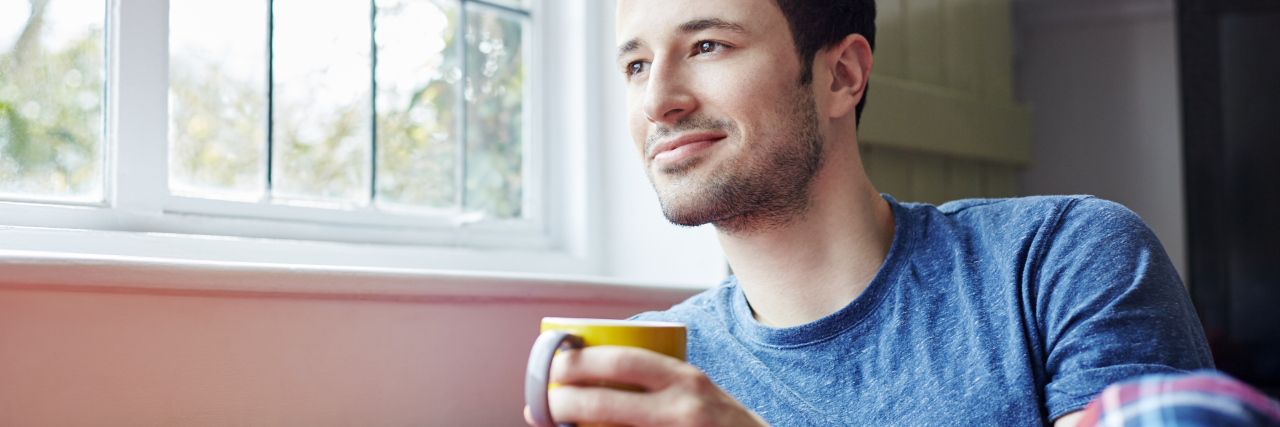I have been attempting to write something related to the COVID-19 pandemic for a long time. I could not figure out what I wanted to say, as the “subject” of my thoughts remained elusive. However, reactions to the pandemic have inadvertently exposed a fault in how many people view health and the prospects of disability. In short, people don’t seem to view disability as a likely consequence of contracting COVID-19 at all.
Kirk Cousins, the Minnesota Vikings quarterback, espoused this perfectly when he responded to a question about why he chose to remain unvaccinated against COVID-19. He said, “[It’s a] ‘survival-of-the-fittest’ kind of approach. And just say, ‘If it knocks me out, it knocks me out.’ I’m going to be OK. You know, even if I die. If I die, I die. I kind of have peace about that.” It’s a statement we’ve all likely heard to varying degrees during the pandemic, which reflects a hubris shared by many healthy individuals — that they will either continue to live healthy lives after an illness, or they will abruptly die. This attitude reflects that as a person with a disability, I was born into this sweet disabled life for no other reason than bad luck.
I never experienced what it’s like to feel “invincible” as a teenager. I don’t know what that’s like, and it’s probably why I struggle with anxiety at times. I know things can go wrong more than most realize because I haven’t lived in that bubble of “healthy ignorance.” To quote Forrest Gump, I have an attitude of “Sh*t happens.”
Is it fair? No, life never was fair and probably never will be, and that’s OK — after all, that’s the reality of living. Many of us probably know this, but it’s another thing to live it. So often during the pandemic, people quote the statistics on COVID-19 deaths and say, “It’s not that bad. My odds are great, so I should be fine.” Again, that’s true — you might be “fine.” But that doesn’t mean you or those around you will be OK.
Thousands of perfectly healthy individuals caught COVID-19 and for whatever reason now have continuing long-term symptoms as “long-haulers.” As of now, there aren’t a ton of surefire treatments to cure the “long-haulers” of their symptoms, so they must live like the rest of us with illness or disability do. These “unlucky” people are now part of a club they never wanted to join, but they are now here through no fault of their own.
Just as randomly as you can be born disabled, you can also acquire a disability. This is more common than you might think. According to pre-COVID-19 estimates, one in seven people will have a long-term disability that lasts five years or more before age 65. Furthermore, 25 percent of 20-year-olds will become disabled before reaching retirement age.
These are real people all around us. The 20-something mom who acquired postural orthostatic tachycardia syndrome (POTS) after her pregnancy and who suddenly had to change her entire routine, diet, and expectations for what she could accomplish in a day. The 30-something mom of a child with a disability who, after years of running several miles a day, awoke to realize she could no longer walk and was later diagnosed with multiple sclerosis (MS). There are countless formerly healthy individuals who find out their life has changed without their say-so. Those who have never experienced physical or mental limitations may suddenly deal with jarring life changes. Some of these conditions may feel more manageable than others, but each can be relentless in its own way. The line between “healthy” and “disabled” has always been more delicate than most appreciate. With the emergence of long-term COVID-19, it may diminish further still.
I wrote this to introduce the overlooked and uncomfortable reality that many live with disabilities or chronic illness and more people will likely have to deal with these realities in the future. At a minimum, I hope that this article spurs self-reflection, respect, consideration, and compassion for those who primarily live at the mercy of others. I also wrote this for the medical community, who despite being called “heroes” are often treated as anything but — without whom this pandemic would likely be far more deadly to us all. These professionals are regular people doing their best. If you need treatment in the future, please remember medical professionals are as finite as their supplies, and many have been stressed to their breaking points.
Life can be unfair, and change often happens whether or not you’re ready for it. At some point in your life, one out of seven of you reading this will possibly have a much better idea of what I’m talking about. So do what you can to safeguard yourself, because contrary to your experience now, there may come a time when you’ll have to rely on others. If that time comes, I hope you don’t have to deal with the indifference that many disabled and chronically ill people (and their loved ones) have become accustomed to. People need to stop looking at COVID-19 and saying, “Yeah, but I’m fine.”
Getty image by Ezra Bailey.

